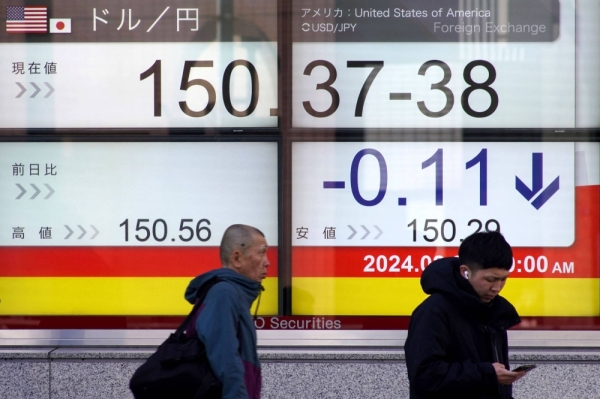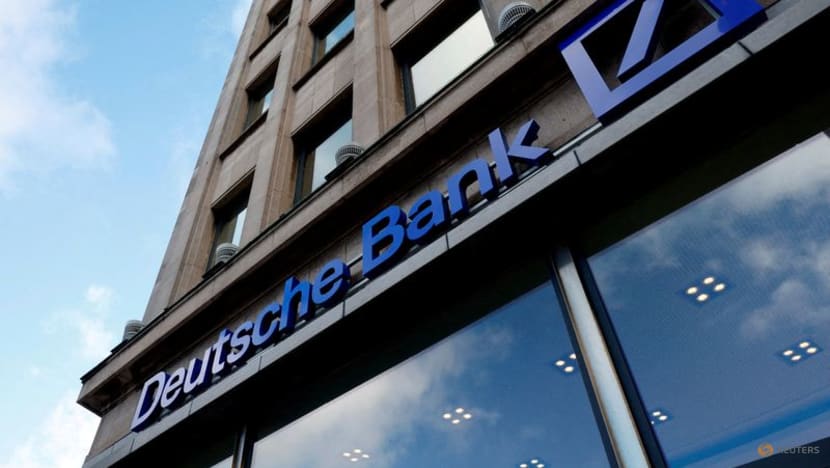https://www.businesstimes.com.sg/co...n-see-euro-challenging-yen-carry-trade-funder
Goldman, JPMorgan see euro challenging yen as carry-trade funder
Published Sun, Jan 28, 2024 · 5:46 pm
Goldman Sachs and JPMorgan Chase & Co are recommending borrowing the euro to buy riskier, higher-yielding currencies. Money managers at Allspring Global Investments and Ninety One Asset Management favour the trade against emerging-market currencies, while Allspring is also betting that the euro will fall against the US dollar.
Those convictions got a boost last week as European Central Bank (ECB) President Christine Lagarde ended up opening the door to earlier cuts, helping the euro notch the worst weekly performance of its Group-of-10 (G10) peers. The key rate in the euro area is expected to end 2024 as low as 2.5 per cent

Hamburger
Goldman, JPMorgan see euro challenging yen as carry-trade funder
Published Sun, Jan 28, 2024 · 5:46 pm

European Central Bank President Christine Lagarde’s acknowledgment on Thursday (Jan 25) of stumbling economic growth, cooling wage pressure and continued disinflation was all traders needed almost fully price a quarter-point cut in April.
PHOTO: AFP
LOOMING European interest-rate cuts have set the euro up as a prime candidate for funding carry trades, adding further pressure on the common currency.
Goldman Sachs and JPMorgan Chase & Co are recommending borrowing the euro to buy riskier, higher-yielding currencies. Money managers at Allspring Global Investments and Ninety One Asset Management favour the trade against emerging-market currencies, while Allspring is also betting that the euro will fall against the US dollar.
Those convictions got a boost last week as European Central Bank (ECB) President Christine Lagarde ended up opening the door to earlier cuts, helping the euro notch the worst weekly performance of its Group-of-10 (G10) peers. The key rate in the euro area is expected to end 2024 as low as 2.5 per cent, compared with 4 per cent for the US.
The euro’s emergence as a popular funding currency may have far reaching consequences.
Over the past two years, sub-zero interest rates at the Bank of Japan (BOJ) meant it cost less to borrow yen, and drove the currency to the lowest in decades. But as traders grow more confident that a hike is coming, they’re looking for alternatives.
“The euro faces a number of stiff headwinds” including Germany’s stuttering economy and weak private-sector activity, said Kamakshya Trivedi head of global currency, rates and emerging-market strategy at Goldman Sachs.
“It remains an attractive funding option.”
Despite insisting her stance on rate cuts was unchanged, Lagarde’s acknowledgment on Thursday (Jan 25) of stumbling economic growth, cooling wage pressure and continued disinflation was all traders needed almost fully price a quarter-point cut in April.




